Humans need food and shelter - this is how things stay the same over time.
What is continuity?

It is this geographic theme shown here.
What is movement?

The name of this line that divides the world into eastern and western hemispheres.
What is the prime meridian?
 Ordering things by the date in which they happened is one of these.
Ordering things by the date in which they happened is one of these.
What is a timeline/chronology?
 This image shows the effects of warfare. To historians studying it, the war would be called this.
This image shows the effects of warfare. To historians studying it, the war would be called this.
What is the cause?
These are similar but different - one digs up artifacts, the other digs up fossils.
What are archaeologists and paleontologists?

It is this theme of geography.
What is human-environment interaction?

It is this line that divides the world into northern and southern hemispheres.
What is the equator?
A letter from 1864 would be this type of source.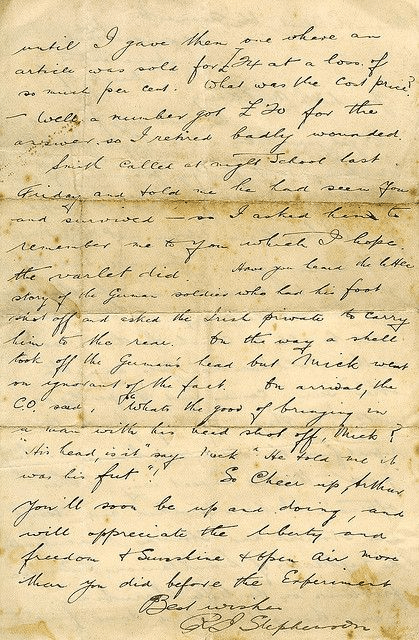
What is a primary source?
If there is a massive supply of a good, and its very cheap, yet few people are buying it, then THIS must be very low.
What is demand?
This is the study of human culture and how they change over time.
What is anthropology?
An example of this theme is the latitude and longitude coordinates for Buffalo are: 42.880230°N, 78.878738°W.
What is absolute location?
These are lines that run north and south with the prime meridian.
What is longitude?
Are statements backed with evidence? Is the language not emotional? Can we find the info in another source? These questions decide if a source is this or not.
What is credibility?
What is BCE and CE?
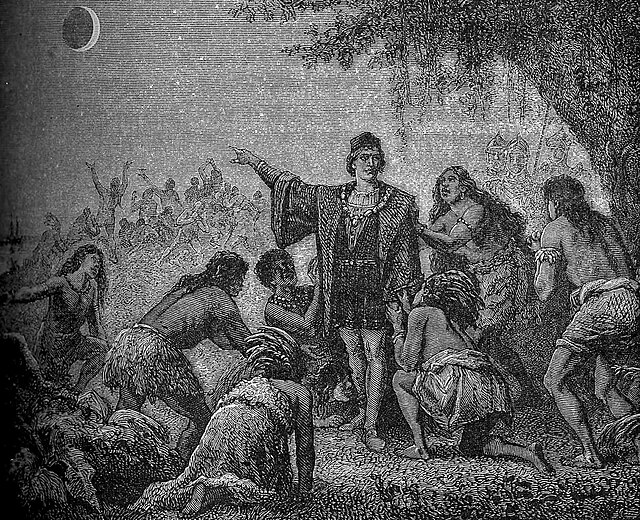
Native Americans scared of an eclipse that we know is just science is an example of this.
What is frame of reference?
A common feature for many states where the Rocky Mountains are is that skiing and other winter sports are popular - an example of this theme.
What is region?
These are imaginary lines that run east and west with the equator.
What is latitude?
Your textbook is one of these, as it is not from the time period the actual events that took place.
What is a secondary source?
"Why did World War II start? How did people's lives change when this technology was developed?" This complex questions historians answer are called this.
What are compelling questions?
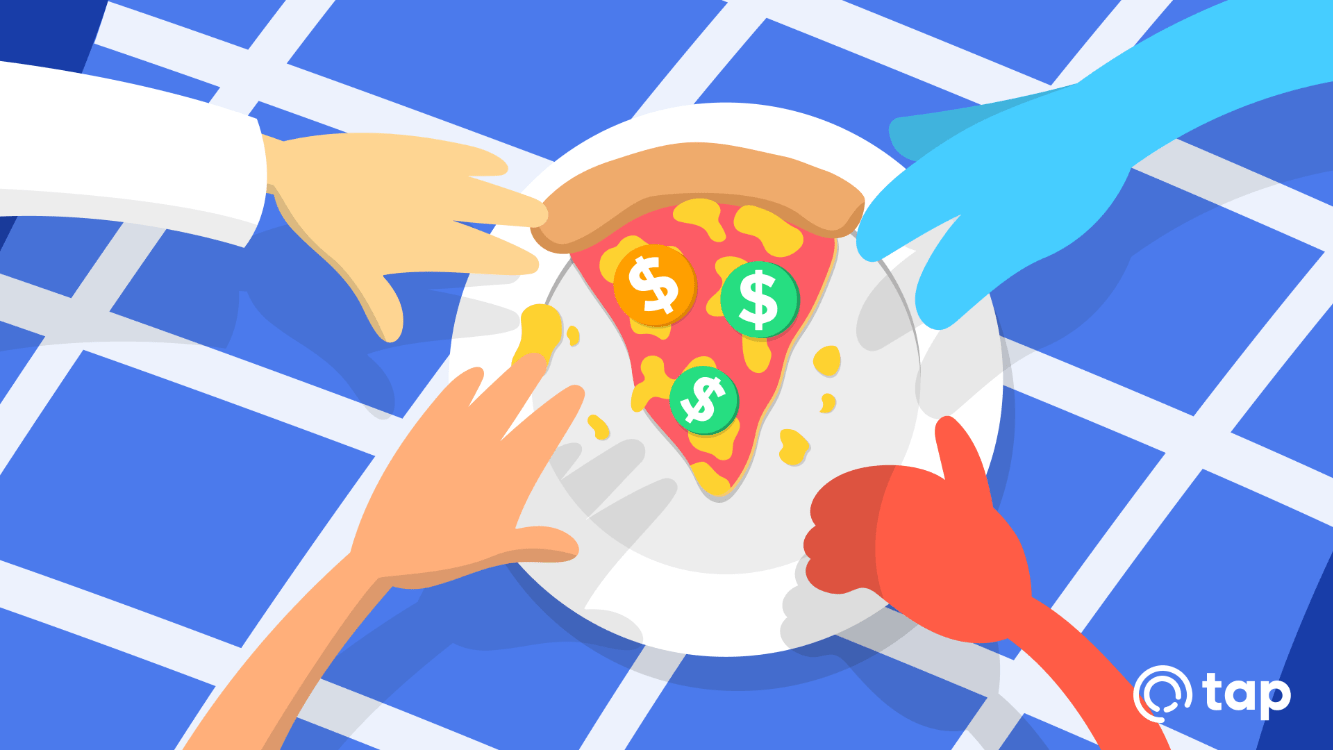
The idea that there's not enough resources to meet everyone's needs and wants is this.
What is scarcity?
"President Biden is the absolute worst president of all time; he's just awful because he can't do anything right - ever!" This emotional, unreasoned judgement is an example of this term.
What is bias?
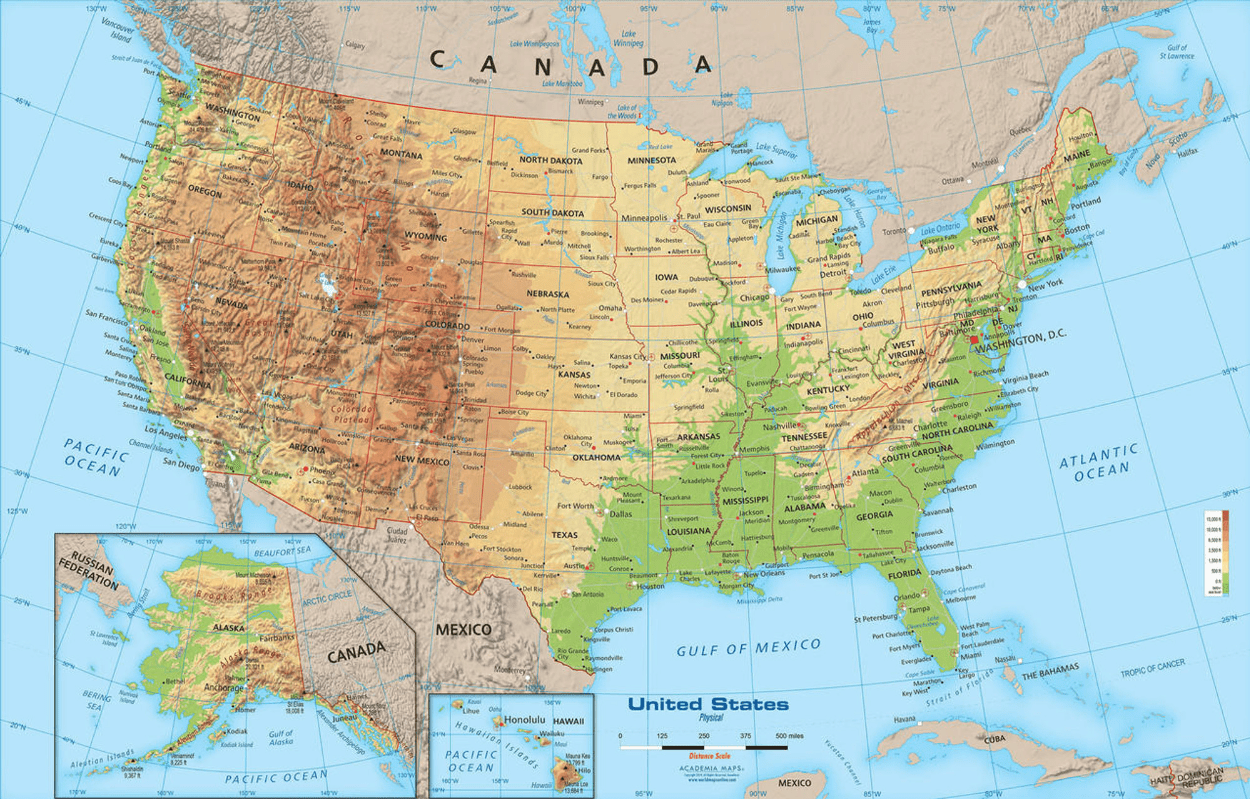
This map type shows geographic features, such as mountains, bodies of water, canyons, and others.
What is a physical map?
This is one of the questions an historian would ask when analyzing a source.
Who made it? Why/for whom? When? How? What's it about? Is it primary or secondary?
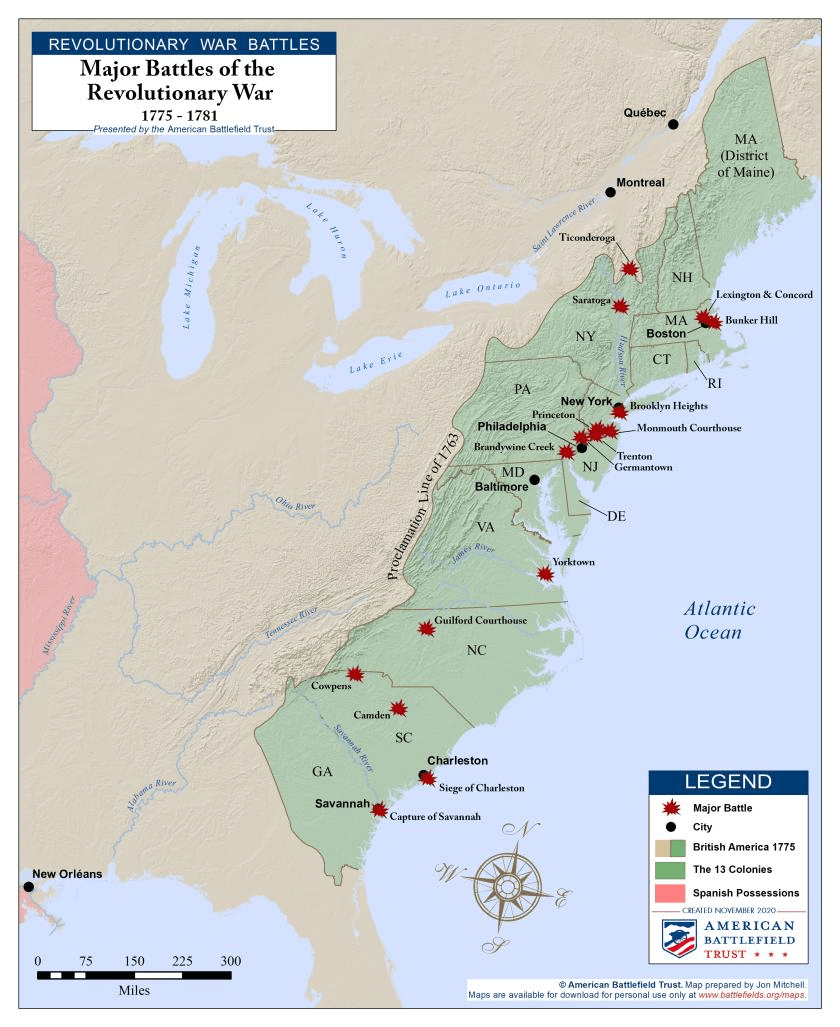
On this map, it's what the red explosions represent.
What is a major battle of the revolutionary war?